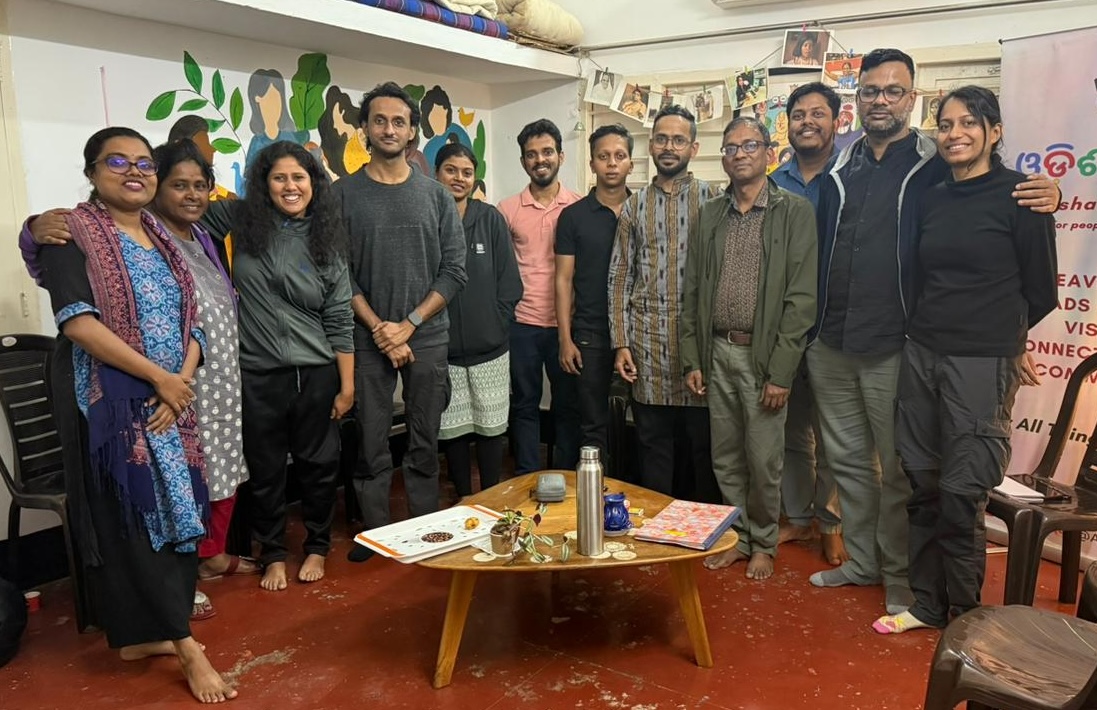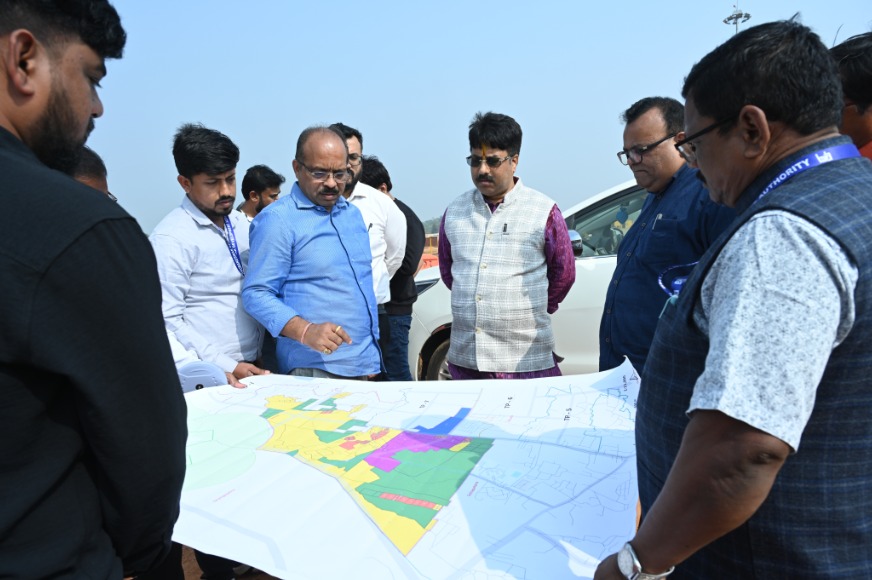Ranchi: President Droupadi Murmu attended the centenary celebration of the ICAR-National Institute of Secondary Agriculture (NISA) in Ranchi, Jharkhand, today, marking a milestone in the institute’s contributions to Indian agriculture. Speaking at the event, the President highlighted the critical role secondary agriculture plays in tackling some of the 21st century’s major agricultural challenges, including food security, sustainable resource use, and climate change.
In her address, President Murmu emphasized that agriculture must be transformed into a profitable venture, but added that the sector faces three key challenges: maintaining food and nutrition security, ensuring the sustainable use of resources, and addressing climate change. She pointed out that secondary agriculture, which includes the value addition of primary agricultural products and related activities such as beekeeping, poultry farming, and agricultural tourism, can be pivotal in overcoming these challenges.
“Agricultural waste can be efficiently utilized through secondary agriculture, turning it into valuable products, which not only protects the environment but also boosts farmers’ incomes,” President Murmu remarked.
The President also shed light on the significance of lac production, which is predominantly undertaken by India’s tribal communities. She praised NISA’s efforts in advancing research and commercial development in the lac industry. The institute has been instrumental in creating small-scale and integrated lac processing units, as well as developing lac-based products such as natural paints, varnishes, cosmetics, and coatings that extend the shelf life of fruits, vegetables, and spices.
“I am confident that these initiatives will significantly improve the living standards of our tribal brothers and sisters, providing them with better economic opportunities,” she added.
President Murmu also spoke about the impact of disruptive technologies on modern agriculture, stressing the importance of leveraging advances such as robotics, the Internet of Things, and artificial intelligence while being mindful of their potential side effects. She expressed her appreciation for NISA’s Automation and Plant Engineering Division, which focuses on these cutting-edge innovations.
While acknowledging the strides made in lac farming, the President highlighted the demand for high-quality lac in industries such as pharmaceuticals and cosmetics. She urged for improvements in the quality, supply chain, and marketing of Indian lac to enhance the global competitiveness of Indian farmers.
“NISA has made remarkable progress, but there are still untapped opportunities. If we improve the quality and marketing of Indian lac, our farmers will be able to meet both domestic and international demand, earning better prices and raising their standards of living,” she said.





